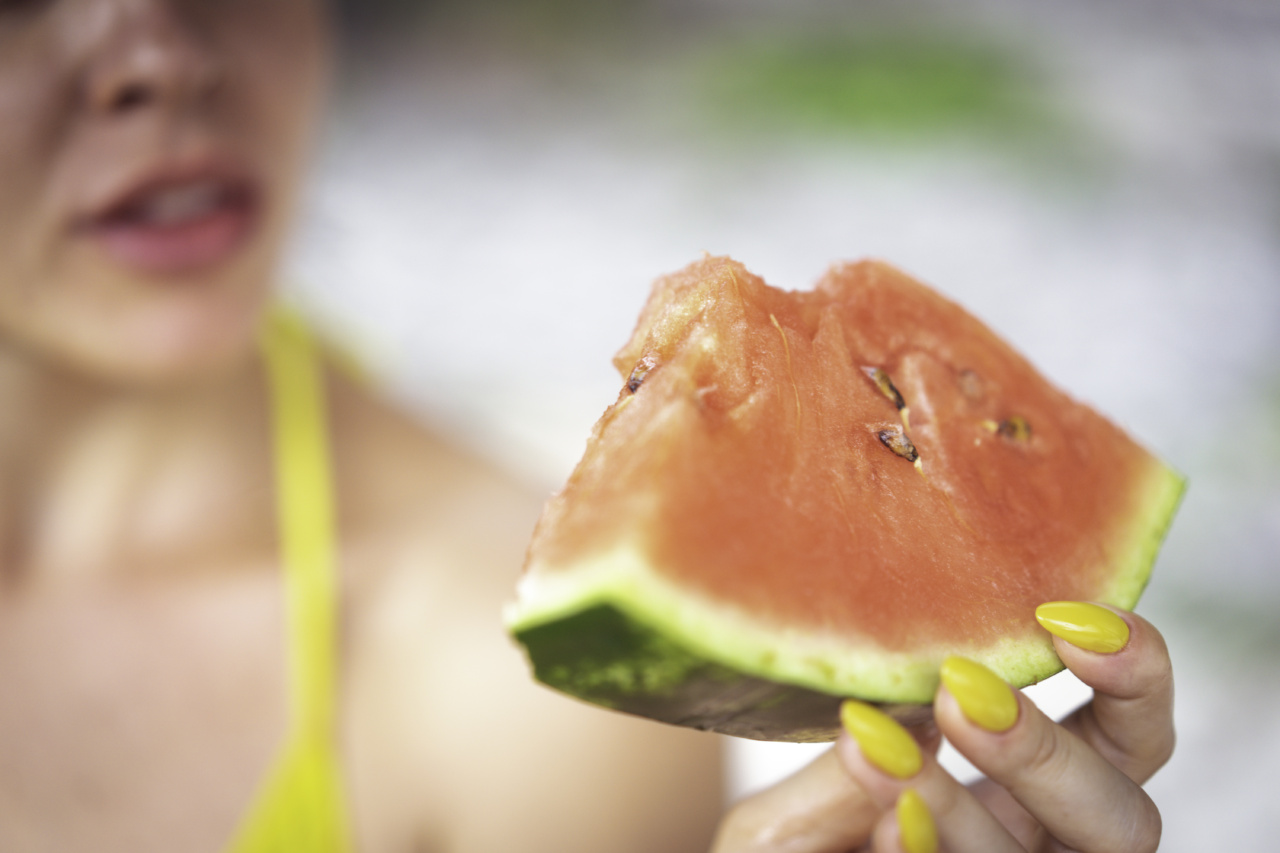Do you ever feel like you’re carrying around extra weight in your stomach area? You may have a bloated belly. Bloating can be caused by a variety of factors, such as certain foods, digestive issues, and even stress.
Whatever the cause, the feeling can be uncomfortable and even painful. The good news is that there are dietary changes you can make to help combat bloating and feel better. This bloat-busting diet can help you say goodbye to that uncomfortable feeling.
What Causes Bloating?
Bloating can be caused by several factors, such as:.
- Eating too fast
- Drinking carbonated beverages
- Chewing gum
- Eating too much or overeating
- Constipation
- Certain food intolerances
- Stress
When you eat, your body takes in air along with the food. Gas can also be produced during the digestion process. This air and gas can get trapped in your intestines, causing bloating and discomfort.
The key to reducing bloating is to identify what is causing it and make dietary changes to reduce those triggers.
Foods to Avoid: The Bloat-Busting Diet
If you’re looking to reduce bloating, there are certain foods you should avoid. These include:.
- Carbonated beverages
- Chewing gum
- Fried foods
- Processed foods
- Sugar
- Alcohol
- Beans and lentils
- Dairy products
- Broccoli, cauliflower, and other cruciferous vegetables
- Onions
These foods are known to cause bloating in many people. However, it’s important to note that everyone is different, and what causes bloating for one person may not cause it for another.
Keep track of foods that cause bloating for you and try to limit or eliminate them from your diet.
Foods to Eat: The Bloat-Busting Diet
To help reduce bloating in your stomach, there are certain foods you should focus on incorporating into your diet. These foods include:.
- Water-rich fruits and vegetables, such as watermelon and cucumber
- Probiotic-rich foods, such as yogurt and kefir
- Whole grains, such as quinoa and brown rice
- Fiber-rich fruits and vegetables, such as berries and leafy greens
- Lean protein, such as chicken and fish
- Healthy fats, such as avocado and nuts
These foods can help promote healthy digestion and reduce the risk of bloating. For example, water-rich fruits and vegetables can help flush out excess water from the body, reducing bloating.
Probiotic-rich foods can help balance the bacteria in your gut, which can also help reduce bloating.
Other Tips: The Bloat-Busting Diet
In addition to making dietary changes, there are other steps you can take to help reduce bloating:.
- Eat smaller, more frequent meals
- Eat slowly and chew your food thoroughly
- Avoid drinking through a straw
- Avoid talking while eating
- Stay hydrated by drinking plenty of water
- Exercise regularly to promote healthy digestion
- Avoid tight clothing that can constrict your waist
By incorporating these tips into your daily routine, you can help reduce the risk of bloating and feel more comfortable.
Conclusion
Bloating can be an uncomfortable and even painful feeling. By making dietary changes and incorporating healthy habits into your daily routine, you can help reduce the risk of bloating and feel better overall.
Avoid trigger foods that are known to cause bloating, and focus on incorporating water-rich fruits and vegetables, probiotic-rich foods, whole grains, fiber-rich fruits and vegetables, lean protein, and healthy fats. Eat slowly, chew your food thoroughly, and stay hydrated to reduce bloating and promote healthy digestion. With these changes, you can say goodbye to that uncomfortable feeling and feel more confident and comfortable in your own skin.































